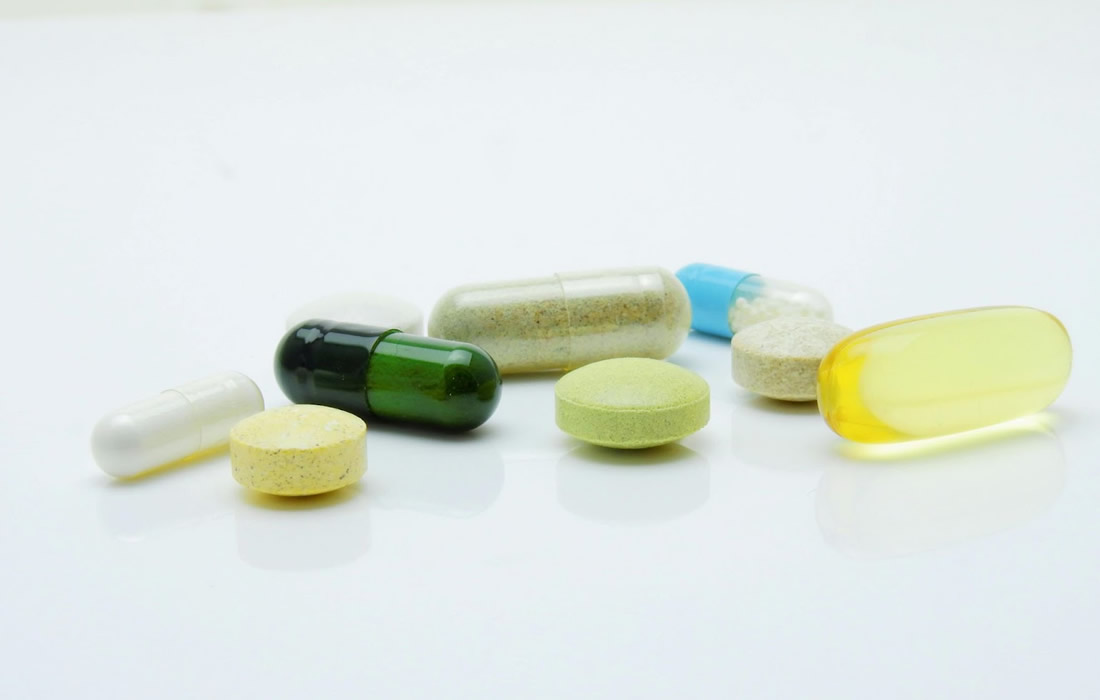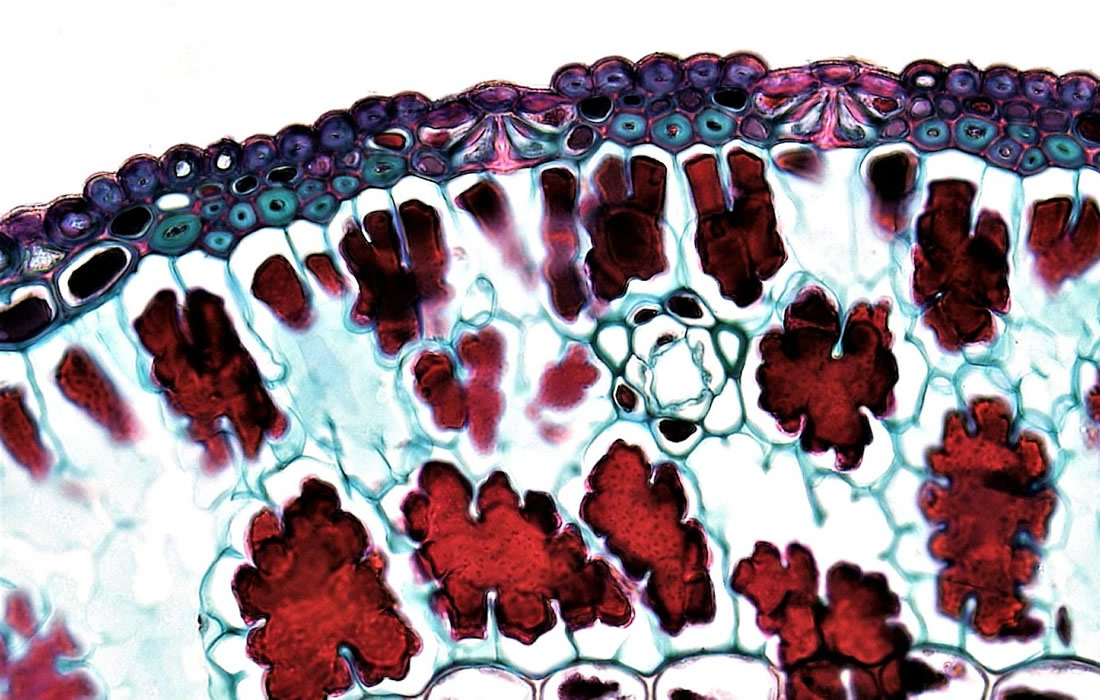Ethanol interferes with the normal functioning of a long list of biological molecules, but how each of these interactions contributes to the behavioral effects of alcohol is not fully understood. A guiding, but elusive, goal of researchers is to identify the protein to which ethanol binds that makes some people vulnerable to excessive drinking. Previous […]
Monthly Archives: January 2024
In a new study scientists have achieved a significant milestone in drug development. Their research opens the door to a new class of orally available drugs, addressing a long-standing challenge in the pharmaceutical industry. “There are many diseases for which the targets were identified but drugs binding and reaching them could not be developed,” says […]
Individuals with obesity are more likely to have monoclonal gammopathy of undetermined significance (MGUS), a benign blood condition that often precedes multiple myeloma, according to new research published in Blood Advances. Multiple myeloma is a blood cancer of the plasma cells, a type of white blood cells that produce antibodies to fight infection. MGUS, characterized […]
The use of the antipsychotic drugs quetiapine and haloperidolis associated with an increased risk of ventricular arrhythmias and sudden cardiac death (SCD) caused by drug-induced QT prolongation, reports a new study in Heart Rhythm, the official journal of the Heart Rhythm Society, the Cardiac Electrophysiology Society, and the Pediatric & Congenital Electrophysiology Society, published by […]
SARS-CoV-2 viral particles are composed of a core of nucleic acid chains that contain the genetic information of the virus, surrounded by a lipid membrane with proteinous spikes sticking out. Each component is necessary for infection. Researchers from the University of Southampton investigated how ultraviolet laser light destroys the virus by impacting each of these […]
Increases in symptoms of depression are associated with a subsequent increase in body weight when measured one month later, new research from the University of Cambridge has found. Research has suggested a connection between weight and mental health but the relationship is complex and remains poorly understood, particularly in relation to how changes in an […]
Researchers at the Icahn School of Medicine at Mount Sinai have gained a deeper understanding of the nuanced roles of JAK inhibitors, or modulators, in inflammation across various cell types and tissues. JAK1 is a key protein in the body that supports cell communication and controls the immune system. It is part of a group […]
Researchers at Nagoya University’s Graduate School of Bioagricultural Sciences and the National Institute of Physiological Sciences in Japan have demonstrated how a specific type of neuron in the brain affects the release of hormones that control ovarian function, such as follicular development and ovulation in females. Kisspeptin neurons in the brain regulate the release of […]
In people with amyotrophic lateral sclerosis (ALS), changes in neurons appear to activate immune cells. Lowering the inflammation could reduce the symptoms of the disease, according to a study led by Chantelle Sephton, a professor at Université Laval’s Faculty of Medicine. ALS is caused by the loss of upper motor neurons, located in the brain, […]
For older adults with mild high blood pressure, a new study suggests consuming tomatoes may help manage hypertension and may even lower the risk of developing high blood pressure in the first place. In the study, people without high blood pressure who ate the most tomatoes or tomato-based foods had a 36% lower risk of […]










